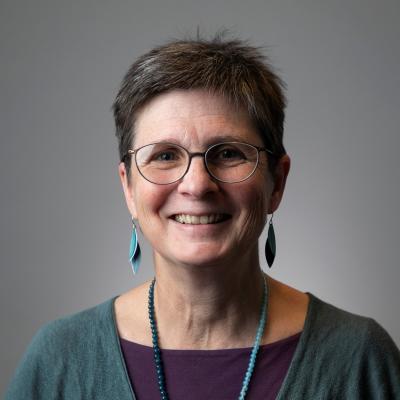
Last weekend I was lucky enough to go to FutureFest – an exciting multimedia and multi-sensory imaging of the future. Creating the atmosphere of part-conference, part-exhibition and part-festival (we even got to wear wristbands!), the event demonstrated the vision and influence Nesta has in opening our minds and informing our thoughts.
Structured around six themes – democracy, global, machines, money, music and thrills – the programme had a mix of opinion formers, academics, artists and social commentators. There were presentations, debates and hands-on demonstrations of what our futures might entail.
So without a theme on health care, you might wonder, what was the relevance? Despite being able to sample only a small section of what was on offer, I found that there were a surprising number of lessons and parallels to draw. My highlights were…
Speaking on the future of democracy, Helena Kennedy QC argued that while the rise of parliamentary democracy in the 20th century had been the appropriate response to redistributing the power which sat with landowners and the aristocracy, it's not enough in this era where power sits with large corporates spanning national boundaries. Politicians are now largely powerless to act unilaterally in their country’s best interests. Of the hundred largest global economies, 37 are corporates rather than nation states.
In this context, Helena argued powerfully for the development of international law as the means for redistributing power from the multi-nationals back into the public interest. Certainly, if we are to really tackle the global epidemic of obesity, this isn't going to be achieved through greater access to bariatric surgery, prescriptions for Fitbits or exhortations to ‘eat five a day’. There will need to be a more fundamental change to the way the food industry works and this will need to be done through international collaboration.
Hearing Edward Snowden's reasons and motivations for deciding to publicise government actions that he believed to be wrong, underlined the importance of individuals everywhere maintaining an ethical stance on the work they do. Faced with an uncertain future in exile in Moscow, it was a powerful reminder that whistleblowing isn't solely an NHS issue.
Professor Michael Osborne, from the Oxford Martin School, presented a fascinating analysis of the impact of automation on the workplace. Through some clever modelling, he had estimated probabilities of different roles being automated in the near future. Roles which demanded high levels of social intelligence, creativity, perception and manipulation were least susceptible (with choreographers coming out the most 'future-proofed’). In contrast, data entry operatives will almost certainly disappear and, somewhat surprisingly, 94% of the tasks of waiters are amenable to automation.
The implications of this for health care are intriguing. On one level, it might be thought that a caring profession is less likely to be automated, but recent studies of using avatars to support people around their transfers of care, or supporting self management, show that people often prefer the avatar to the health professional.
Ije Nwokorie, CEO of Wolff Olins (a brand consultancy), talked about the need to develop creativity as the skill least likely to be taken over by robots – at least in the near future. It struck me that caring could also fall into this category. True, people may currently prefer avatars to some health professionals, but that might reflect the extent to which we nurture the capacity to care in the current health system. It is hard to imagine that there can be any replacement for an empathetic and compassionate fellow being. So are these skills we need to pay more attention to?
And how might 'caring' become part of the sharing economy? As personal care services become more and more stretched, do we need an 'Uber' for personal care? As humans we value and get reward from the opportunity to care for others, but has modern living limited our ability to do so?
In an entertaining example of crowd sourcing opinion, festival goers were asked to answer a series of multiple choice questions, with the results being visually represented on a large screen. It struck me that this would be a great technique to engage local people in decisions around health care provision. The use of big data was also discussed by Francine Bennett, a data scientist, who described the project they had done with Nesta to identify the genuine innovators in the field of programming. Could there be a parallel analysis to help us find the innovators in the NHS?
It was a highly stimulating weekend, but the most poignant moment for me was when Edward Snowden was asked that very human question, 'How are you coping?' For the second time in the interview his face flickered and you sensed the personal feelings that he must be wrestling with. In reply he explained that life was indeed very different for him. As someone who, like the rest of us, used to spend a lot of time thinking about the future – what he would do at the weekend, where he would go on holiday, what life choices he might make – he now found himself very much focused on the present. And 'unexpectedly,' he said, 'I find I like that very much'.
Jo Bibby (@JoBibbyTHF) is Director of Strategy at the Health Foundation
Work with us
We look for talented and passionate individuals as everyone at the Health Foundation has an important role to play.
View current vacanciesThe Q community
Q is an initiative connecting people with improvement expertise across the UK.
Find out more

